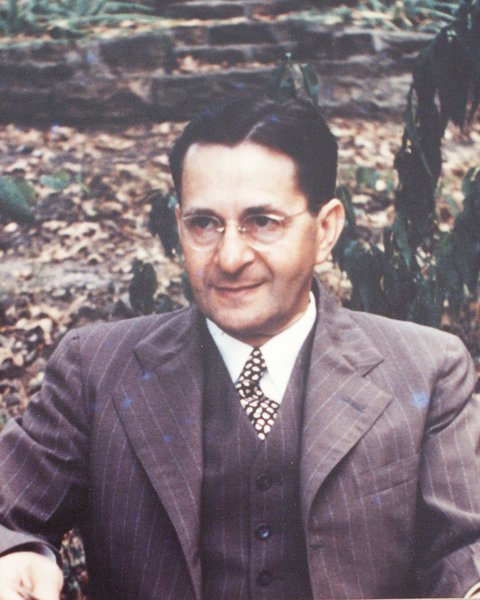
Class VI
Dr. Harry R. Rosen
Dr. Harry R. Rosen made numerous significant contributions to Arkansas agriculture in over 40 years as a professor of plant pathology at the University of Arkansas. His pioneering research brought to the state the breeding for host-plant disease resistance for field and horticultural crops. Most widely recognized of that work are significant yield improvements in small grains for forage and seed production, which he achieved from 1930 to 1955. Dr. Rosen’s work with improved disease-resistant oats and wheat varieties directly aided growers. More importantly, perhaps, it dramatically illustrated the value of disease-resistant crops as the most economical and environmentally acceptable method of disease control. This concept is now universally accepted as an integral part of plant breeding programs in the state. Breeding for disease resistance is especially critical in the South, because diseases typically are more prevalent and severe here than elsewhere. Progressive Farmer magazine selected Dr. Rosen as “Arkansas Man of the Year in Agriculture” in 1953. And in 1980, the University of Arkansas named a disease-resistant wheat variety in his honor. Besides small grains, he bred and released disease-resistant roses: Stephen Foster, a red climber; and Miriam’s Climber, a pink rose named for his daughter. Dr. Rosen retained an active interest in small grain and rose breeding as emeritus professor until his death in 1962. His pioneering efforts and intellectual stimulation of students and peers established a legacy of excellence in disease-control research, achievements of which Arkansas can be very proud.
